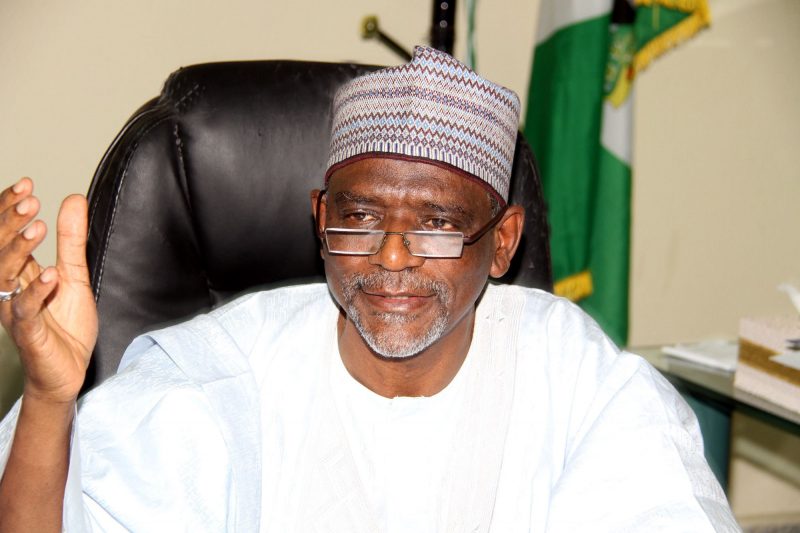“The Benchmark Minimum Academic Standards has been revised to Core Curriculum and Minimum Academic Standards.
“The CCMAS, provides 70 percent of what should be taught along with the expected outcome, while the university will provide 30 per cent based on their individual contextual peculiarities and characteristics.”
The National Universities Commission yesterday unveiled a new Core Curriculum and Minimum Academic Standards (CCMAS) with 17 disciplines and 238 academic programmes to replace the Benchmark Minimum Academic Standard (BMAS) used in Nigerian universities.
The Federal Government also approved three new courses in the university system, namely Allied Health Sciences, Architecture and Communication, and Menial studies.
FG pledges domestication of Rome Statue on human rights protection
FG worried over drilling of over 100,000 boreholes in Abuja
Speaking on the CCMAS at NUC celebration of 60 years of regulating university education in Nigeria, former NUC Executive Secretary, Prof. Peter Okebukola, said the new curriculum addressed the knowledge and skill gaps as it was replacing in comparable in contents to similar curriculum in the best university system in the world and relevant to Nigeria’s social cultural context.
He said while the CCMAS provided 70 per cent of core curriculum as minimum for all Nigerian universities, it allowed universities to customize the curriculum by adding 30 percent of courses to reflect their uniqueness, missions and peculiarities.
“It places assent on 100 percent entrepreneurship, practical rather than theoretical knowledge and skills and the development of the 21st century skills in line with contemporary global best practice, a change of nomenclature has happened from BMAS to CCMAS,” he said.
He said the new curriculum was to stimulate greater learning in its delivery and strategically configured to produce future fit graduates, provide essential foundation for lifelong learning, nurture deep thinkers and problem solvers and graduates highly skilled in their professions and disciplines and encourage interdependencies of disciplines.
He said over 16,000 participants were involved in the development of the curriculum.
Vice President Yemi Osinbajo, represented by the Secretary to the Government of the Federation, Boss Mustapha, said the core curriculum had taken cognizance of the need to provide greater academic autonomy to universities with regards to development of some percentage of course contents.
He commended the commission for sharing the minimum graded units required for graduation with universities in the ratio of 70 to 30 per cent.
He said the recent industrial action by university based unions had necessitated a revisit of the issues that called for universities autonomy by government.
“This will lead to the review of university autonomy laws to appropriately address funding, including staff remuneration, institutional governance as well as issue of internally generated revenue.”
In the new curriculum, Mass Communication was unbundled to Advertising, Broadcasting, Development Communication Studies, Film and Multimedia, Information and Media Studies, Journalism and Media Studies, Mass Communication, Public Relations and Strategic Communication.
Agriculture was unbundled into programmes in its contributing components of B.Sc Agricultural Economics, B.Sc. Animal Science, B.Sc. Crop Science and B.Sc. Soil Science;
There is also the unbundling of Architecture and introduction of Architecture as a new discipline with programmes like Architecture, Landscape Architecture, Architectural Technology, Interior Architecture design Architectural Technology and Naval architecture.
There is also the split of the Basic Medical Sciences discipline into Basic Medical Sciences and Allied Health Science;
Also is the reduction of the General Studies course from 36 credit units to 12 credit units of 6 courses such as Communication in English; Nigerian People and Culture; Philosophy, Logic and Human Existence; Entrepreneurship and Innovation; Venture creation; and Peace and Conflict resolution.
Entrepreneurship has been repackaged with the introduction of programme-specific entrepreneurship;

 Join Daily Trust WhatsApp Community For Quick Access To News and Happenings Around You.
Join Daily Trust WhatsApp Community For Quick Access To News and Happenings Around You.


